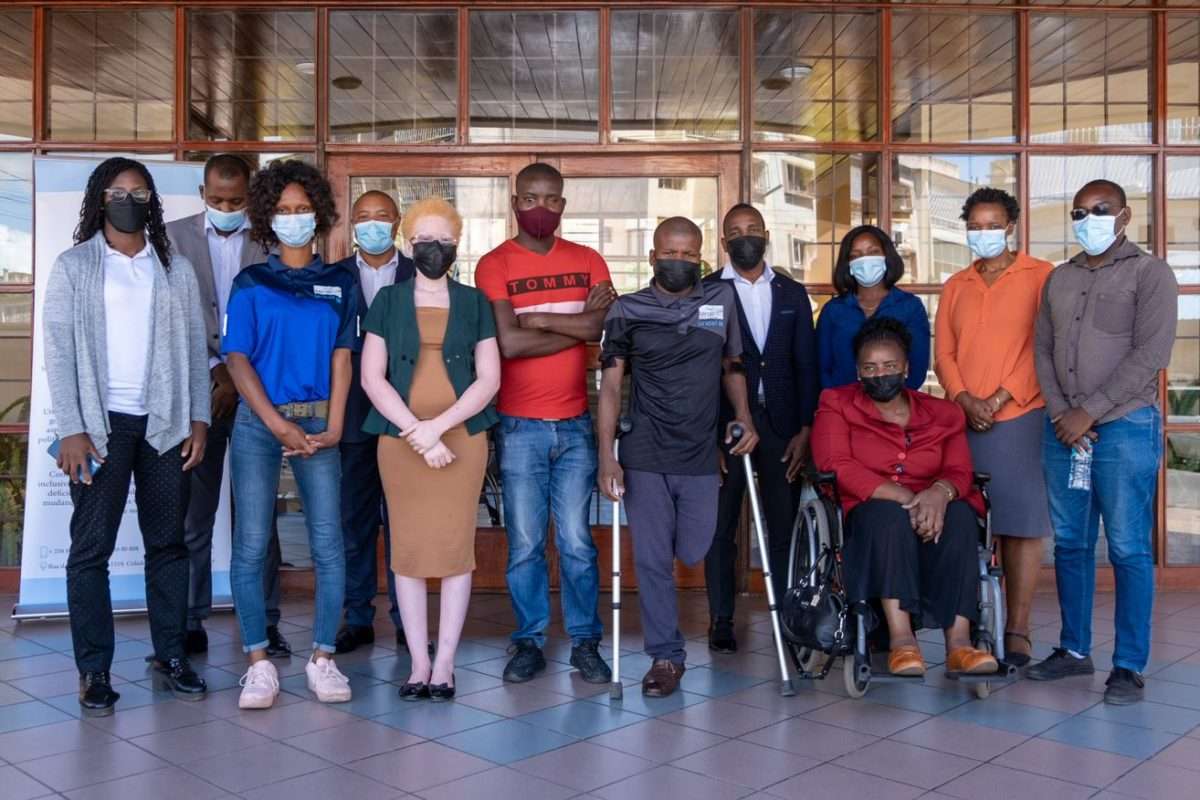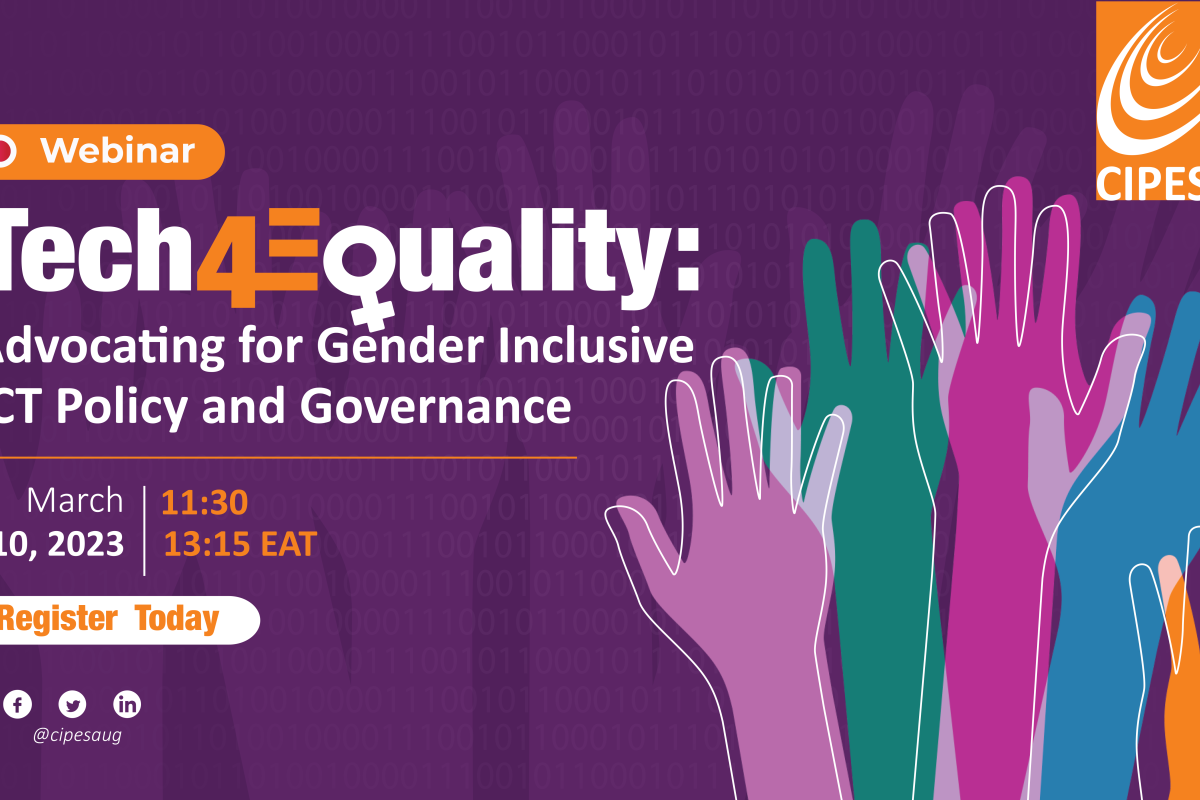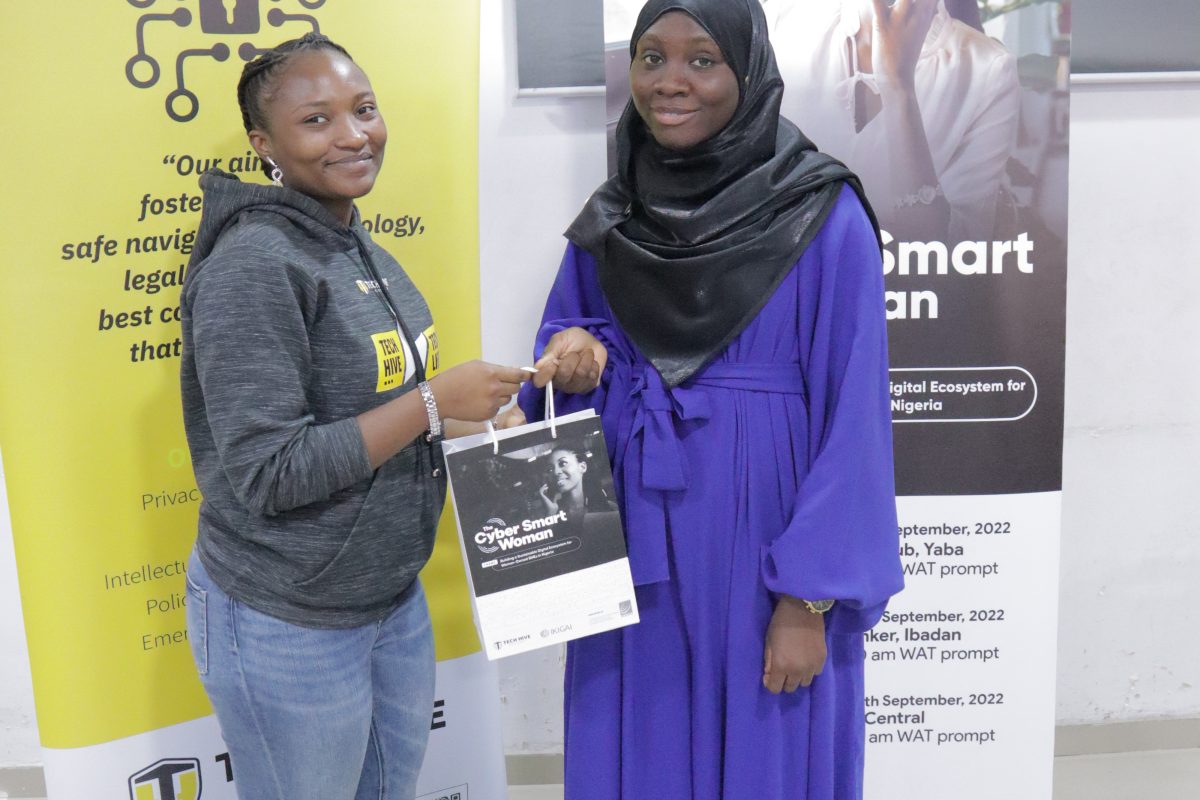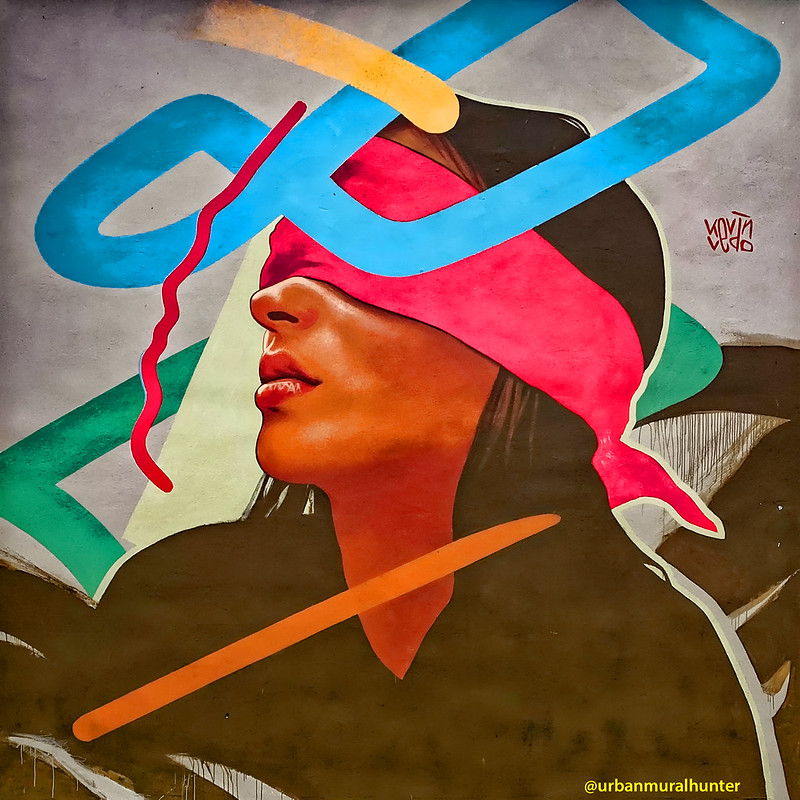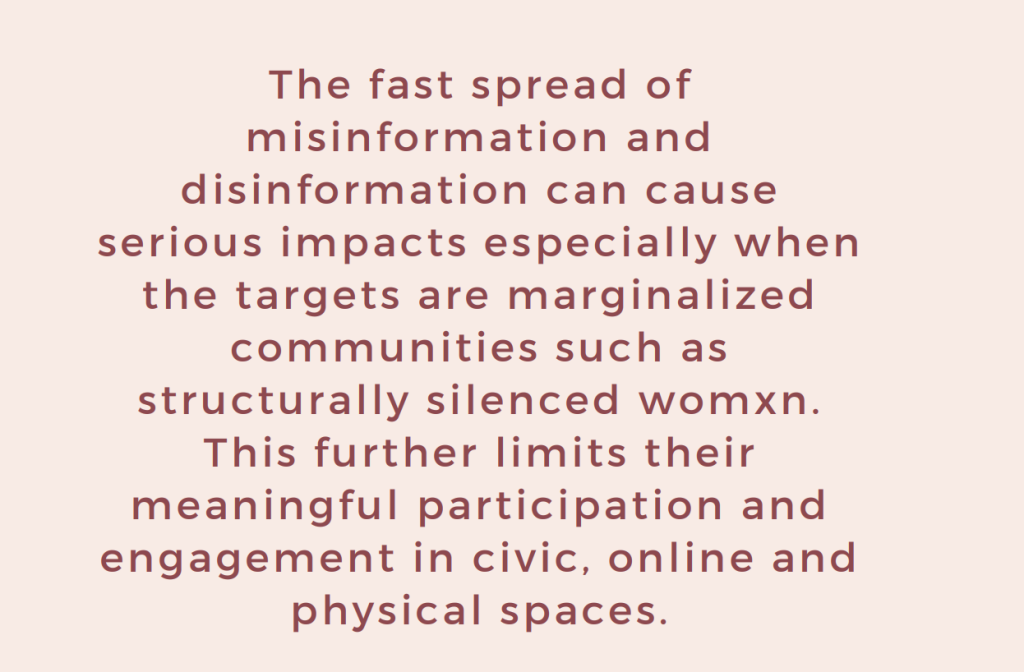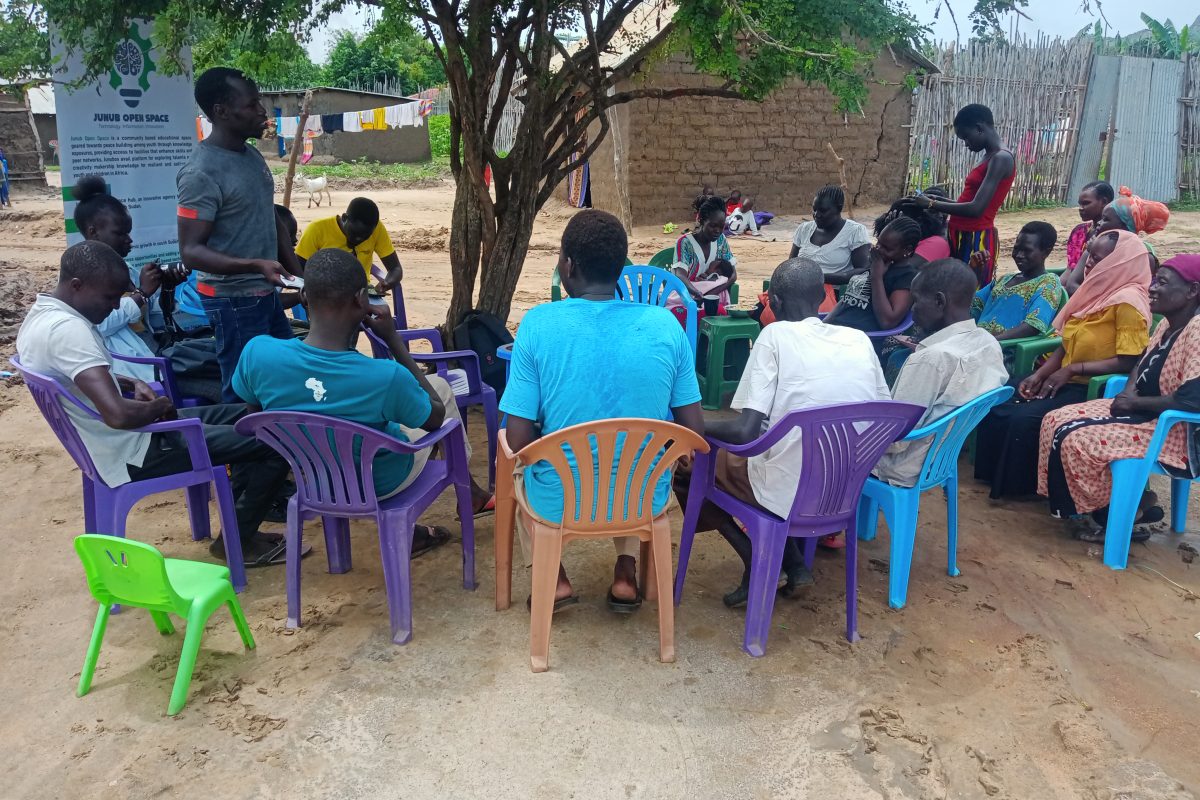By CIPESA Staff Writer |
In March 2021, accessibility testing on more than 90 public and essential services websites in Mozambique revealed various barriers preventing individuals with visual, hearing, physical or cognitive impairment from fully engaging with the web. Among the most common barriers were low colour contrast, the absence of “alt text” for images, lack of landmarks to identify regions of a page, non-apparent links, and the lack of descriptive text for interactive elements. The findings of the investigation, which was conducted using the Web Content Accessibility Guidelines 2.0 and 2.1 (WCAG 2.0 and 2.1), informed a web accessibility campaign to push for accessible and inclusive websites in Mozambique.
Two years on, the campaign that was initiated by the Forum de Organizacoes de Pessoas com Deficiencia (Mozambique Disabled Persons Organisations Forum (FAMOD), with support from the Africa Digital Rights Fund (ADRF), has directly engaged web content creators, designers and developers on web accessibility through open source tools and an open access library for accessible web design components.
As part of the initiative, FAMOD developed a resource library for accessible website designs based on the WCAG 2.0 guidelines. The library includes web accessibility standards; guidelines and checklists; code inspection and validation; as well as tools for colour contrast, screen reading and document formats. The library also includes information on courses and certification in accessible website design.
Based on the library, two startups – one in construction and the other in catering – were supported to develop accessible websites. The two websites were tested for compliance and their success fed into the design of templates (available in the library) that can be easily adopted by other web designers.
In the spirit of “Nothing About Us Without Us”, the development of the library and all its resources actively involved persons with different types of disabilities and using a diverse range of assistive devices. “It is a responsive solution to the challenges identified in the 2021 investigation and the wider exclusion of persons with disabilities online,” said Amicalr Paco, the IT Manager and Data Engineer at FAMOD.
Other interventions have included a Hackathon with nine developer teams, and two stakeholder workshops on digital accessibility, which were held with the Mozambican Ministry of Science and Technology.
Nonetheless, there is a need for more engagements. Paco noted that the library and resources are not an end in themselves and that continued dialogue and skills development among technologists were necessary to promote awareness and understanding of accessibility and compliance in digital tools and platforms.
The ADRF is an initiative of the Collaboration on International ICT Policy for East and Southern Africa (CIPESA). Launched in April 2019, the ADRF supports advocacy, skills development, and movement building to effectively influence policy and practise for digital rights protection in Africa by offering flexible and rapid response grants. To-date, USD 649,000 has been disbursed to 52 beneficiaries across 39 African countries.
Read more about how CIPESA is Working On Advancing Digital Inclusion for Persons With Disabilities in Africa.

